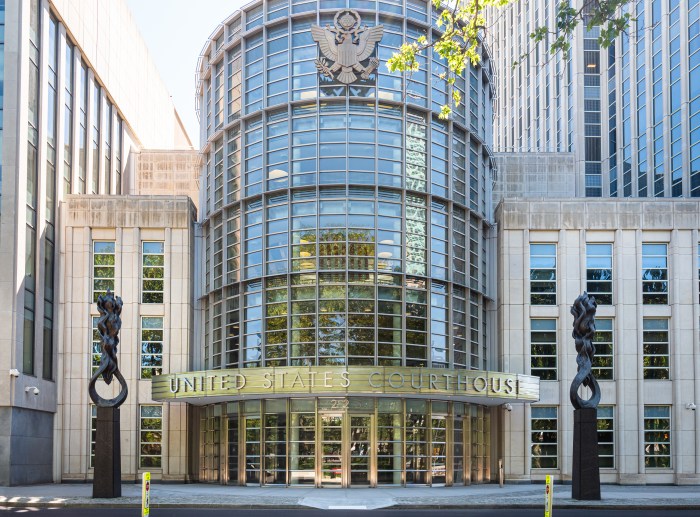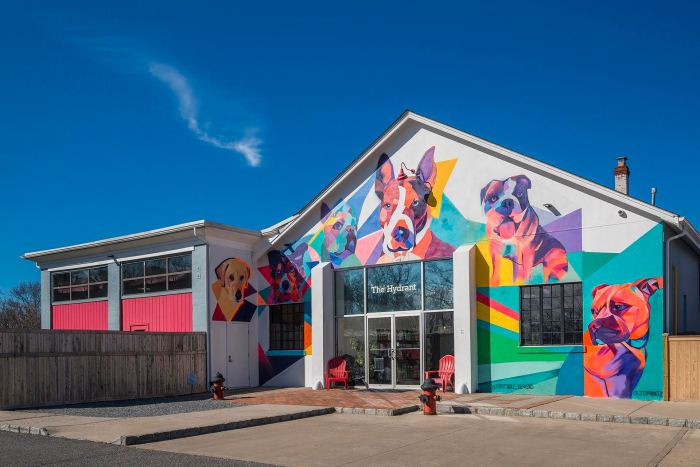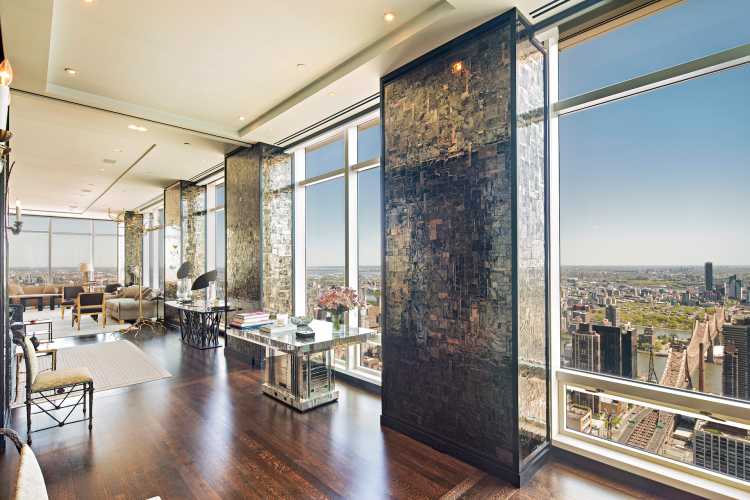Tentative budget doesn’t pierce state cap
The village of New Hyde Park proposed a $5.8 million budget for the 2012-14 year, a $39,350.69 increase from the previous year, but the new fiscal plan will not break the state-imposed tax cap. New York State set the village’s allowable tax levy increase at about 2.23 percent ($88,639.96).
New Hyde Park’s final levy mirrored the state’s figure. The total tax levy at press time is $4,068,439.57. Residents would pay $31.32 more in taxes per year should the budget be approved as is.
The village’s levy, according to village officials, is one-tenth of a percent below the state limit, staying under the cap. New Hyde Park voted to allow the village to exceed the cap if needed on Jan. 15.
“When you look at the grand scheme of things, the [$88,639.96] or a difference of [$39,350.69], we’re not talking about a big swing in numbers, so it’s pretty much consistent with what we had last year,” Mayor Robert Lofaro said. “This budget is just a hair below.”
Numbers and figures were being crunched and retooled that Tuesday. Lofaro is confident in the budget and that going forward, “it’s a true representation of how much income we would expect and how much revenue we would have.”
“The outcome of what we’re trying to accomplish with this tentative budget and soon, eventually adopted budget, is to just be sure that we’re collecting enough in taxes to cover our expenses,” Lofaro said. “We feel reasonably sure that would be the case. This does not cover us for wildly unexpected expenses, like Superstorm Sandy.”
Village revenues dipped to $1,792,546.28, a 2.68 percent decrease from last year. Salaries saw a 3.34 percent increase in the yet-set budget, with the village’s employee contract set to expire on May 30, 2014.
Lofaro noted that the impact of successful certiorari claims against New Hyde Park on overpaid property taxes, as a reason for the revenue decrease.
“Twenty-six thousand dollars we had to make up somewhere because our tax base decreased according to successful, primarily commercial certiorari claims,” said Lofaro. “The owners of buildings felt they possibly were over-assessed and through their reductions in taxes on the county [tax] rolls, and a formula we work out on our village rolls, that [tax base] decreased.”
Lofaro said “for the most part” the village thinks it repaid those claims, which saw claims and judgment expenses decrease $45,000.
“There’s a repayment of taxes collected for previous years,” he said. “The budget is one thing. We just set the tax rate and so on. Spending the money and how we do that is another. [Village Clerk Cathryn] Hillmann, Tom Gannon and their respective roles as well as the committee chair people, they spend or don’t spend the money like it’s their own. They’re very frugal in the way they approach what needs to be spent. That discipline is very well recognized.”
The village budgeted $94,000 for the Consolidated Local Street and Highway Improvement Program (CHIPS), a state-run program to aid municipalities for road improvement and maintenance. State Senator Jack Martins office announced that the village would receive $119,725 for CHIPS, a 26.26 percent increase from last year.
“At a time when the state is broke…you see an effort to help local communities in terms of their ability to stay within the tax cap,” Martins said.
The village is still paying the MTA payroll tax at $7,800.
Health expenses in New Hyde Park are projected to increase $5,196.72 ($688,642.72) from last year. Village officials noted that some employees have to contribute between 10 and 20 percent for medical, dental and vision expenses.
Retirement expenses are expected to total $387,615; a $29,901 increase from the prior budget. Other notable employee benefit budget lines like workers compensation took a dive, topping off at $143,096.45, a $1,903.55 drop.
Trustee Lawrence Montreuil called the budget “realistic” and feels the village “tends to budget rather conservatively on the revenue side, in particular, so that we weren’t being too aggressive in hoping for revenues that won’t materialize.”
“I think this budget shows a lot of discipline,” he said.
































